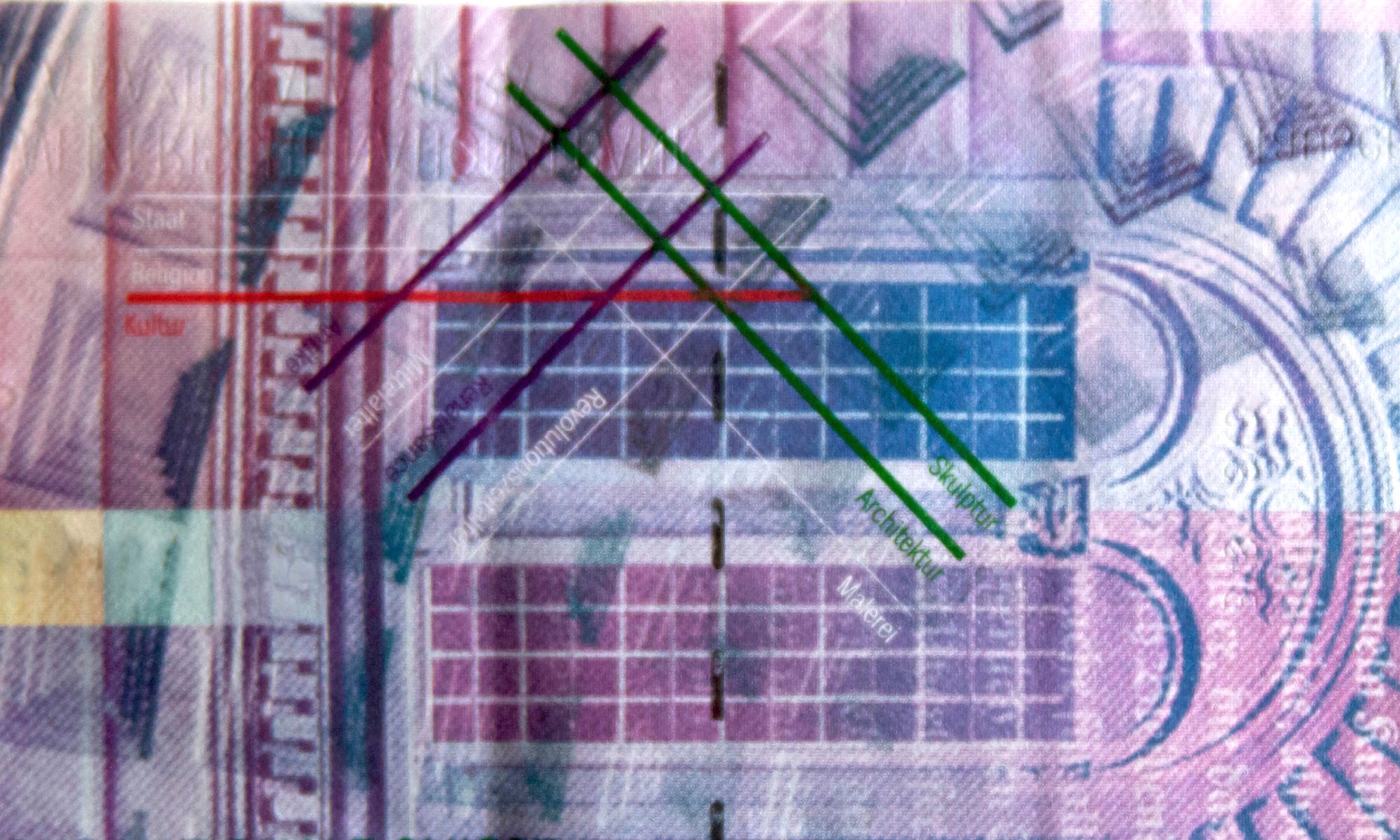Wave
Abductive I.B.E. for July
Phantom Spectre, Agency Prediction Branch
COALESCING fragments
Of a notable computer architecture vulnerability, preceded by a few tangentially related media entries.
Suggested primers:
Further viewing:
Then there is something spooky about how this relates to the Meltdown and Spectre exploits in ARM, Intel and AMD CPUs… [forthcoming]
https://en.wikipedia.org/wiki/Spectre_(security_vulnerability)
https://en.wikipedia.org/wiki/Branch_predictor
The Glass Bead Game: Magister Ludi
Glasperlenspiel
from Wikipedia
The game
The Glass Bead Game is “a kind of synthesis of human learning”[9] in which themes, such as a musical phrase or a philosophical thought, are stated. As the Game progresses, associations between the themes become deeper and more varied.[9] Although the Glass Bead Game is described lucidly, the rules and mechanics are not explained in detail.[10]
ARM to RAM: Swarm Manipulation
Researching memory recall, I found something about the following articles made me think I should probably read them at some point. They seem to be about mapping and manipulating neural activation patterns in primates, and also creating systems to cooperatively control robotic arms, swarms, and memory recall. Thinking backward, we might not be too far from a point at Continue reading “ARM to RAM: Swarm Manipulation”
Long/Short: Different Encodings for Memory Recall
Something about the experiment in the following article makes me think about the access and recall of memories. How is it that when I attempt to recall something, at first I am presented with an absence? Then, as images of that memory start forming in the present, how does that previous absence inform my capacity to determine whether or not the recalled memory is accurate? The process by which we recognize a memory as actually having-been is not as trivial as it seems, I think.
Continue reading “Long/Short: Different Encodings for Memory Recall”
Phi Movement

A more elegant experiment to demonstrate the Phi phenomenon or effect originally made use of two parallel line segments with a gap between them. By displaying them in alternation, there is a rate at which we start to perceive the two separate segments as a single line moving back and forth, however that remains unclear (see: wikipedia talk-page reference). We are perhaps more familiar with the effect as the spinning pinwheel, wait cursor, or chaser-lights lining the perimeter of theatre marquees.
What is peculiar about the phenomenon is not only that it works in creating the illusion of motion between recognizably static elements. Continue reading “Phi Movement”
Synchronous Sortilege
Coincidental Connections
In the spirit of things non-linear, an interesting coincidence just occurred. Attempting to re-enable comments, in light of the previous post, I visited my site from the computer of a friend already logged-in to WP. Given how comments were not readily working from that account, I offhandedly searched for “future release temporality” from their reader. The top result was:

Fireflies like Stepping-Stones
Fireflies Across the Border
Intermittently flashing, they carve free-flowing paths of light through dark time. Each spark signals an evanescent route of moving steps run-through by matching rhythms calling forth immanent reproduction. Leaving no trace except immediate direction to those already there, they are semaphores to an alternate world, passages from the future of a traveling autonomy.
The metaphor is derivative, a reproduction from a more articulate source. I cannot find the corresponding reference in the text I thought it was from.













